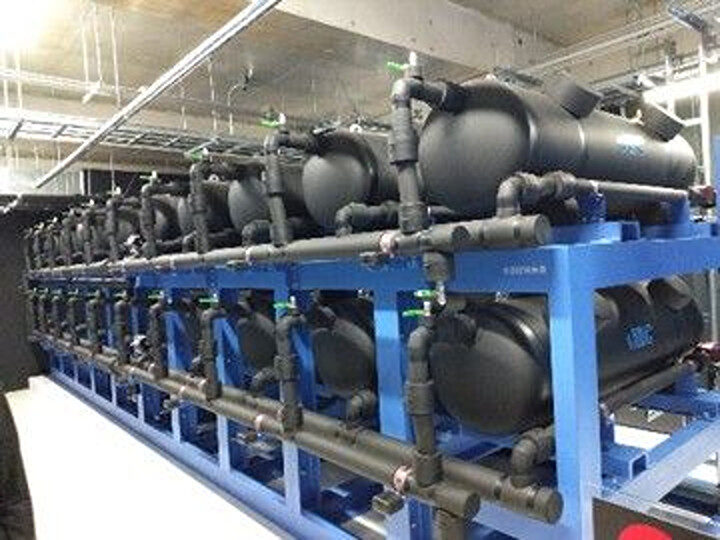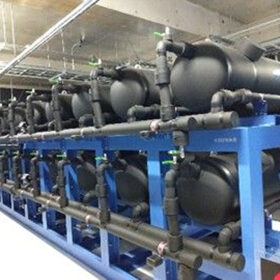From pv magazine USA
The CPUC has made another anti-rooftop solar decision, ruling that solar-plus-storage customers cannot export electricity to the grid in exchange for an offset of their utility delivery charges.
Under current billing structures, rooftop solar owners are encouraged to attach batteries so that they can export electricity during times of high demand on the grid. This dispatch of electricity helps reduce the amount of inefficient natural gas “peaker” plants in operation on the grid and smooths supply and demand, leading to stable pricing across the grid. Now, under the new ruling, “delivery” and “generation” charges on utility bills are classified separately, and customers are not allowed to use solar-battery exports to offset “delivery” charges set by the utility.
“While the solar and storage industry adapts to an abrupt shift to net billing, the CPUC has added insult to injury with a series of damaging decisions that completely change the environment for rooftop solar in California,” said Abigail Ross Hopper, president and chief executive officer, Solar Energy Industries Association (SEIA).
California’s once-flourishing rooftop solar market is now reeling from a year of rulemaking decisions by CPUC, which has shown a proclivity to support the interests of its major investor-owned utilities Pacific Gas and Electric, Southern California Edison, and San Diego Gas and Electric.
In December 2022, the CPUC transitioned to a net billing format for single-family rooftop solar customers, pushing the state into NEM 3.0. Checks of utility interconnection queues show that requests for new solar array connections have fallen by about 80% since the transition to net billing was made. Nearly 20,000 solar workers have been laid off since the decision was made.
This content is protected by copyright and may not be reused. If you want to cooperate with us and would like to reuse some of our content, please contact: editors@pv-magazine.com.








By submitting this form you agree to pv magazine using your data for the purposes of publishing your comment.
Your personal data will only be disclosed or otherwise transmitted to third parties for the purposes of spam filtering or if this is necessary for technical maintenance of the website. Any other transfer to third parties will not take place unless this is justified on the basis of applicable data protection regulations or if pv magazine is legally obliged to do so.
You may revoke this consent at any time with effect for the future, in which case your personal data will be deleted immediately. Otherwise, your data will be deleted if pv magazine has processed your request or the purpose of data storage is fulfilled.
Further information on data privacy can be found in our Data Protection Policy.